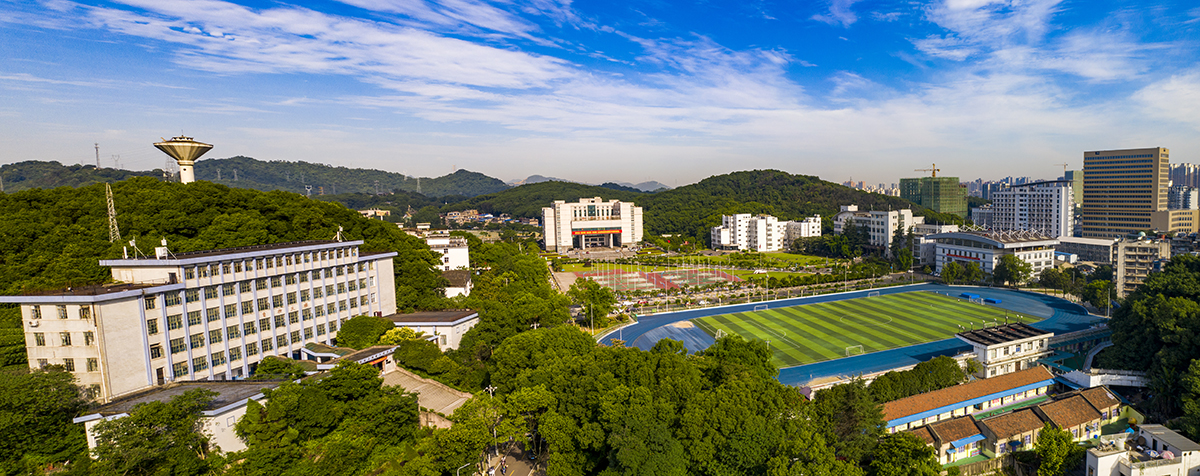Ø History
The College of Chemistry and Chemical Engineering was first founded as the Department of Chemistry in 1977 and adopted its current name in 2013. It is one of the key colleges of Hubei Normal University (HBNU) and its only college listed in the pilot project of Hubei University Reform. There are currently 955 undergraduates and postgraduates. After more than 40 years of development, the College has established a multi-level talent training system of chemistry and chemical engineering covering undergraduate, postgraduate and continuing education.
Ø Academy
The College offers three undergraduate programs: Chemistry, Applied Chemistry and Chemical Engineering Technology. The program of Chemistry was recognized as the First-Class National Program (2019), National Distinctive Program (2008) and Provincial Brand Program of Hubei (2009), and passed the second-level accreditation of chemistry program (education-oriented) in 2019. The Applied Chemistry was listed as one of the MOE’s Pilot Undergraduate Programs of the Comprehensive Reform (2013) and one of the programs in the Strategic Emerging Industry Talent Training Plan of Hubei Provincial General Institutes of Higher Education (2011).
Our Analytical Chemistry is one of Hubei Provincial Preponderant Disciplines, and Chemistry (first-level discipline) is one of the Key Disciplines of Hubei Province and the main discipline in one of Hubei Provincial Preponderant/Distinguished Discipline Clusters (Resources and Environment Science).
The College also offers master’s programs in Chemistry (first-level discipline), which covers 5 second-level disciplines (Inorganic Chemistry, Analytical Chemistry, Organic Chemistry, Physical Chemistry and Fine Chemical Engineering), and in Chemistry Teaching Theory.
The College has successfully had its first-level discipline of Chemistry included in the project for developing the doctorate program and ranked top 3 among provincial universities of Hubei in the fourth round of discipline evaluation.
Ø Platforms
The College has established adequate platforms for teaching and research, including the Provincial Key Laboratory of Pollutant Analysis and Reuse Technology, the Provincial Collaborative Innovation Center for Rare Metal Chemistry, the Provincial Demonstration Center for Chemical Experiment Teaching, the Provincial Chemistry and Chemical Engineering VR Experimental Center, the national and provincial University Students Practice and Training Centers, and the provincial Innovation Base for Graduate Education. With an area of more than 10,000 square meters and equipment worth more than 30 million yuan, the laboratories not only support students in their systematic lab training and ability development, but also assist teachers and students in their scientific research.
Ø Talent Training
To improve the quality of talent training, the College supports students in various competitions. Each year, students receive a few dozen awards in national and provincial contests. In recent years, over 95% of our graduates have been employed or admitted for postgraduate education (30%). Many of the 200 Masters having graduated from our college in recent years are seeking the Doctor’s degree in prestigious universities.

